Somehow barely noticed, without official, and surprisingly without media commentary, came reports about ruling SNS local government in town of Čačak naming a street after the German industrialist who is receiving a very generous government subsidy to open a factory employing around 1000 people to manufacture unrevealed goods. Another German investor opened a cable manufacturing plant in Kraljevo in June, albeit without getting a street named after them, but with a large government subsidy nevertheless. The factory is employing 600 workers currently, with obligation to employ a total of 2,500 by the end of 2022. Both industrialist received the land for free and other benefits, in addition to large subsidies in cash, none of which are available to domestic investors. Serbia has become a very attractive and profitable source of cheap labor.
As international media already reported, there is evident chill in the relationship between Western powers, predominantly between USA and UK on one side and Germany on the other. Other EU members are more passive and still evaluating the situation. Media noticed the big discrepancy between receptions of Angela Merkel and Emmanuel Macron at the White House during their official state visits. There are noticeable dissonant tones within the EU itself. For Serbians, the most interesting is Macron’s statement about suspension of EU accession process for new member states.
Currency and military are the two most significant means of power in world politics today. Currency as the main instrument of the economy and the military power as a guarantee of its protection and preservation. They have both been in the hands of USA since the end of the WWII. USSR has been the most important counterpoint in the area of military might, but with a very high toll on its own economy which was never strong enough for the arms race. This situation persists today still, Russia is a nuclear arms power, but lacks strong economy necessary for its maintenance. New world powers are emerging, e.g. China and India, but they do not have much influence in Europe yet.
Dollar was the undisputed world currency until euro appeared. We had two failed attempts to switch from $ to €: Libya and Iraq. Iranian attempt is the third one under go. The dominance of $ starting to diminish at the beginning of 21st century was a segway into the geopolitical situation we have today: big Western powers clashing over two axis of power and influence – currency and military. Episode III.
EU was created as a predominantly economic and security project. Benefits of a common market numbering half a billion people and more powerful than US market are self evident. EU was created on the idea of free flow of people, goods, services, and capital. Creation of EU was in great part an USA project too. The US has longed for a simplified access to European markets for decades, and has actively pursued it. As the Americans themselves explained this in simple terms: we need to have a single phone to call to make a deal with the whole Europe – a phone in Brussels. This was a position of American officials and political analysts that I heard repeated until recently, even as a reaction to Brexit. Not any more.
While we had common market, legislation and tax harmonisation, and removal of customs barriers, everything was running smoothly. When euro appeared, things got somewhat complicated, but nobody expected it to start threatening dollar’s position as a principal world currency. German initiative for EU Army and slight cooling towards NATO brought the game to a whole new level. There is talk already of US Army withdrawal from Germany and its move to Poland. Taking into account unquestionably excellent relationship between Germany and Russia which exists solely for mutual benefit – Germany’s great need for Russian fuels, and Russia’s access to large EU market, picture gets even more complex.
Since WWII, the US has helped maintain security conditions for EU countries and paid most of the bill for it. Consequently, Germany has recovered and prospered to become one of the leading world economic powers. Unfettered by military spending, Germany focused on the thing that it does best: developing and growing its industry. They developed their own brand of state capitalism, quite far removed from entrepreneurial Anglo-Saxon model based on competition that is favored by US and Great Britain. German model which marries state and industrialists has proven to be quite successful in the world competition. EU creation has helped Germany to utilize and realize the whole potential of its economy, return to the world scene, and dominate European continent. Greece is not experiencing the debt crisis alone. There are also Spain and Italy, France as well.
After hearing about Brexit from quite a few Britons that support it, one dominant sentiment become clear: we do not want to be any part of United States of Germany. British citizens supporting Brexit have come to perceive EU not as a union of European states, but an area of German domination. After German Minister of Foreign Affairs pointed out 15 days ago that EU should exist as a counterpart to USA, one question begs to be answered: what is Germany’s counterpart within EU?
Germany’s first big foreign politics initiative after the fall of the Berlin wall was aimed at disintegration of Yugoslavia. They threw themselves heart and soul into the project. Almost thirty years later, the whole of Balkans is under Germany’s economic reign. Domestic industries of the former Yugoslav states that have been ruined in the conflict have subsequently been completely replaced by German industry. No other world power has invested so much into the area.
What did Germany invest into? It invested into the Balkan’s cheap labor. To make a simple calculation: One of the two German industrialists that were mentioned already will have to pay 300 euros per month for each of its 1.000 workers, instead of 2,000 euros in the EU, which makes for yearly extra profit of 20 million euros. For 50.000 workers, that’s a billion euros a year. They save half of that amount in taxes. If these investments were in any way threatened, German government would be responsible to its businesspeople, as it gave guarantees for their investments.
In responsible countries, political preparations and long term government guarantees always precede economical and financial investments into the banana-states. Our government has evidently joined this play, and is a guarantor for the German economic interests in Serbia. This may seem like a good thing to many Serbian citizens, since nobody in their right mind would be opposed to new job openings. That there is no such thing as a free lunch though and that this servile politics has detrimental consequences for nation’s future is not being considered. All our children able to escape this cheap labor market run by ruling political party, do. For every 1.000 cheap labor workplaces created, 5.000 of serbian educated young people leave the country in search of dignity. What remains is the electorate comprised of retirees and poorly educated cheap laborers. Voters capable of carrying out political change are leaving and became a minority.
Germany is the guarantor of political status quo in Serbia. Simple economic calculation tells us that if average salary in Serbia doubled, it would have direct detrimental effect on all cheap labor investors, since the only reason these investors are here is to profit from cheap labor. Germany invested heavily into the Balkan’s cheap labor. President of SNS (Serbia’s ruling party) has enthusiastic support from Germany. Based on the experience gained through parliamentary delegations which participate in key EU organisations, it is clear that Germany actively “prettyfies” all reports on Serbia. German Chancellor participates in SNS President’s political campaigns in Serbia. It seems that free press and independent judiciary, obvious and to the naked eye visible corruption a the highest level, rigged elections aren’t all that important after all. This support has its price. In order to stay in power and enjoy support to do as he pleases in domestic political arena, Serbia’s president has pawned the entire country.
After leaving Balkans to Germany almost completely, both the US and the UK are returning. The media space in Serbia has been dominated by the German owned newspapers and TV stations. After being absent for many years, BBC has returned to Belgrade. US companies are making a significant investment in the media space. Investment fund KKR is backing a deal to buy second largest TV station in Serbia, second only to the state owned RTS (Serbian BBC). In the last couple months, the US Embassy in Belgrade stated a wide campaign reminding Serbians the we were allies in the WWI and WWII, and that we can be that again.
Serbia overslept the last big geopolitical change: the fall of the Berlin Wall and the collapse of communism. Slobodan Milošević chose the wrong side and Serbia payed a big price for it. We don’t have the luxury to sleep over this one as well. The fight between world powers for domination is being fought on the field of money. We hope that, unlike the first two “episodes”, it will stay on that ground. The choice in front of Serbia, just like in the previous two world wars, is not between Russia and the West. The choice then was between Western powers. The same is today. Our ancestors knew how to make the right choice. Socialists of Slobodan Milošević did not. Will the Serbia od today know?
Sasha Radulovich, MP, Political movement “Enough Is Enough”


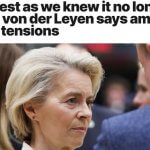

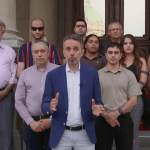
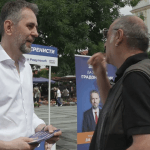


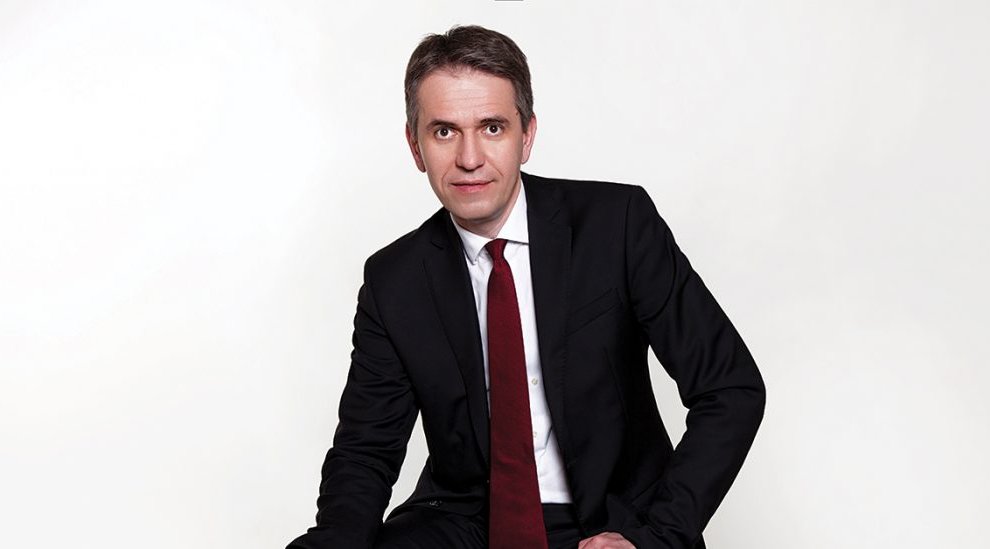
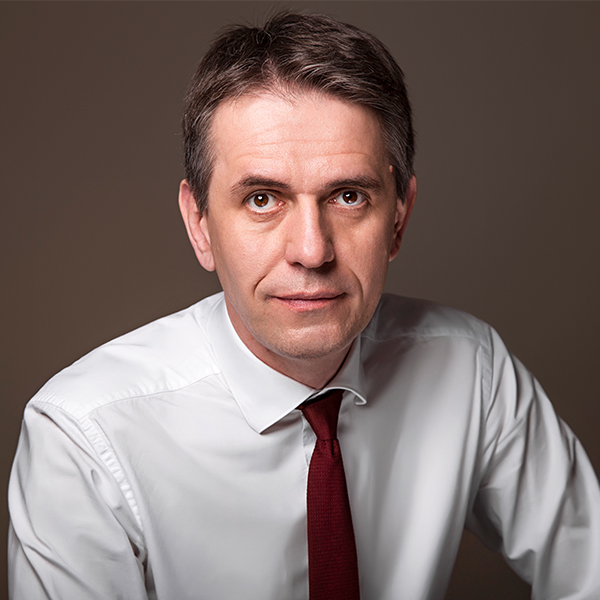
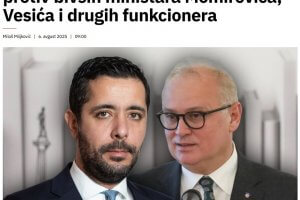
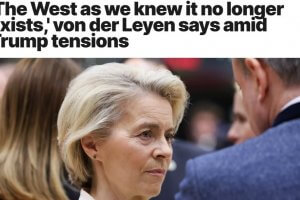

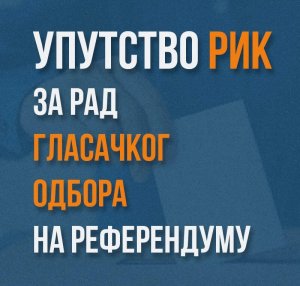
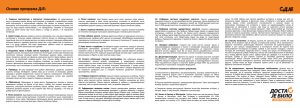
Коментариши